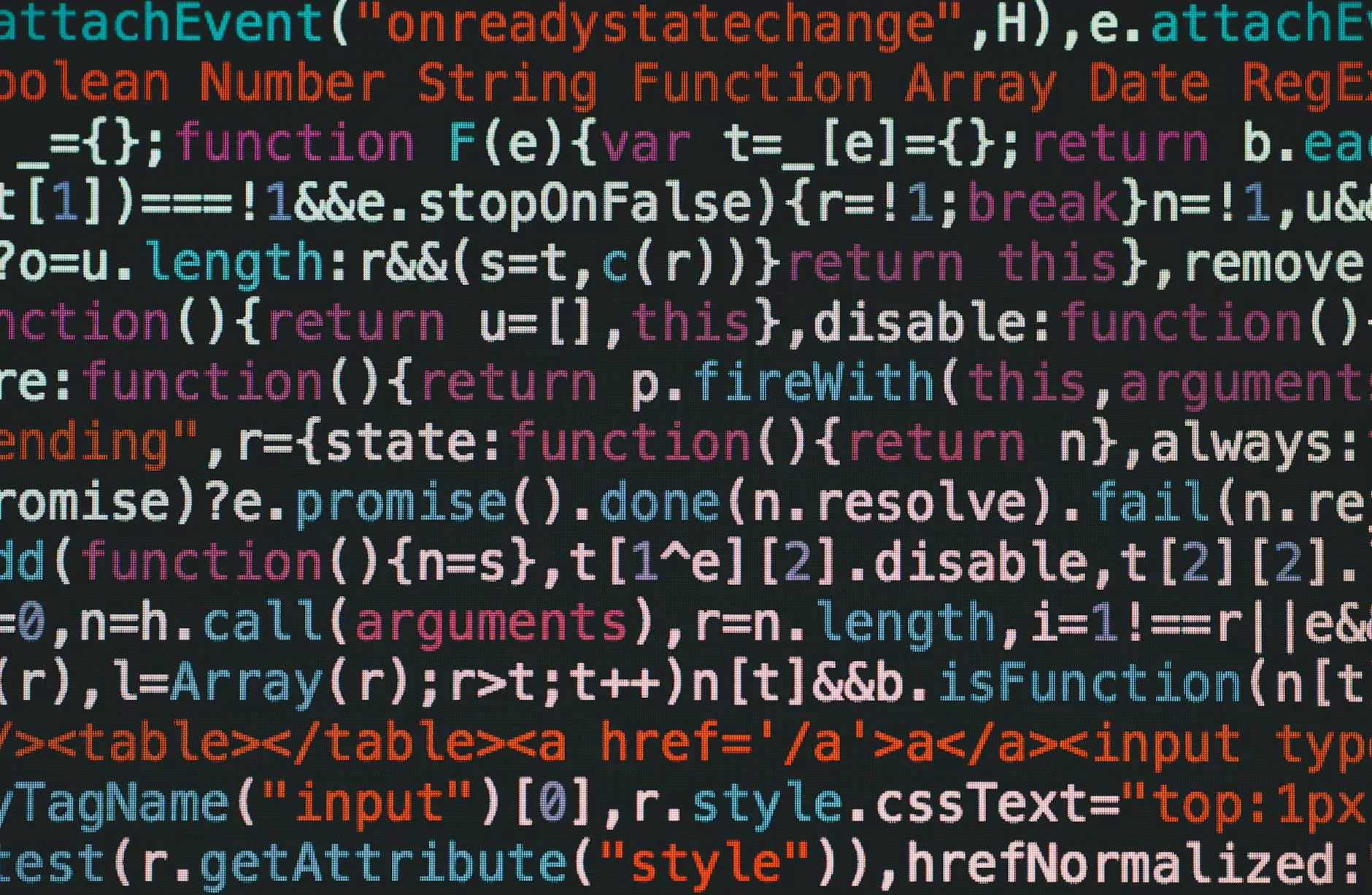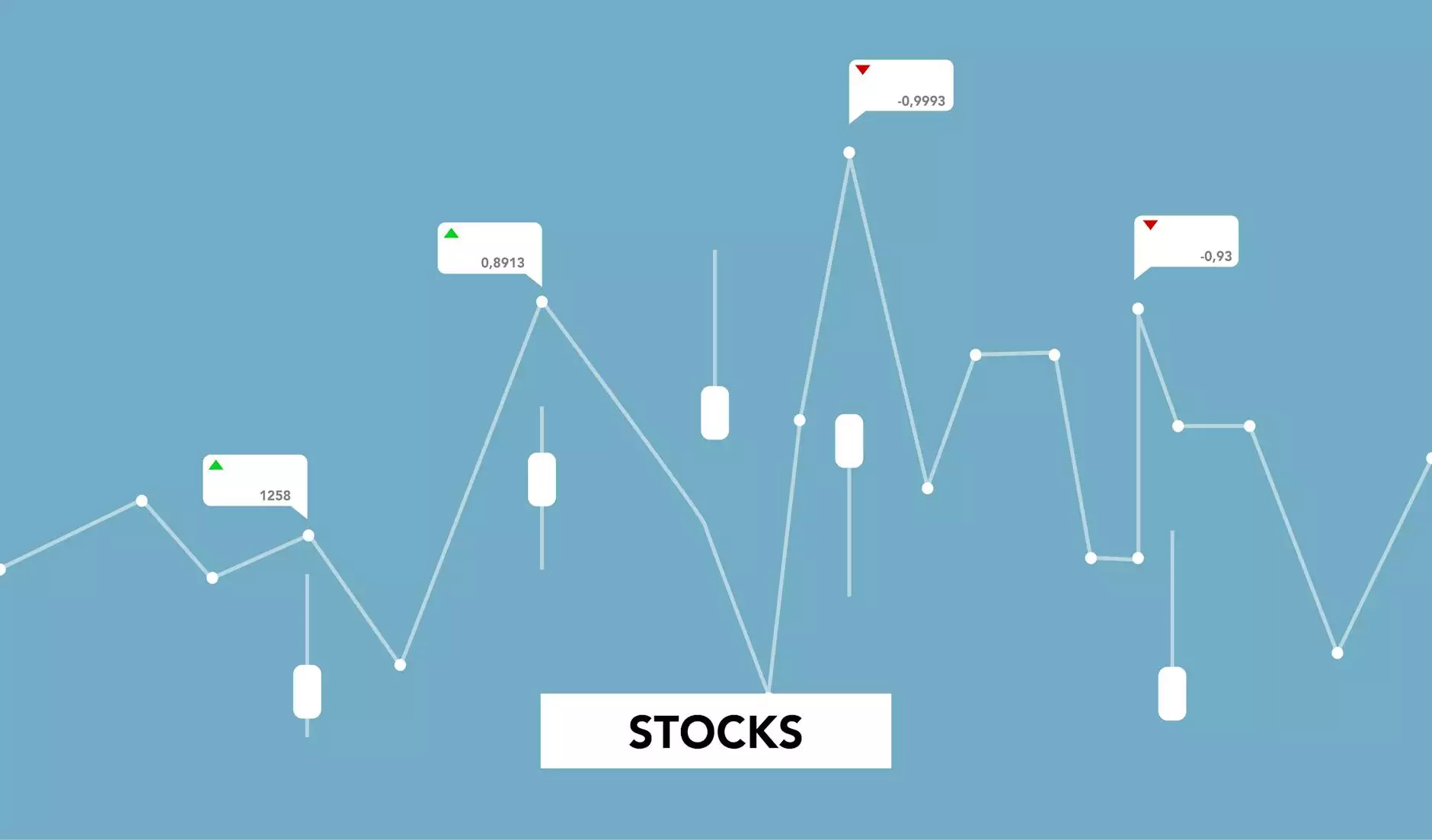Boost Your Marketing Efforts with Python for Email List Validation

Introduction
As an email marketer, you know how important it is to maintain a high-quality, engaged subscriber list. In today's digital age, where competition for attention is fierce, ensuring that your emails get delivered to the right inbox is crucial. That's where Python comes in. With its versatile range of libraries and robust functionalities, Python can help you optimize your email marketing campaigns and take your business to new heights.
Why Python?
Python is a powerful programming language that offers a wide range of applications and benefits for marketers. Its simplicity, readability, and scalability have made it a favorite among developers worldwide. When it comes to email list validation and checking if an email is blacklisted, Python provides the necessary tools and libraries to automate and streamline the process.
Checking If an Email Is Blacklisted
One of the fundamental concerns of email marketers is ensuring that their emails reach the intended recipients. Often, emails end up in spam folders or get blocked due to being flagged as spam. By checking if an email is blacklisted, you can identify potential issues and take proactive measures to improve deliverability rates.
Python Libraries for Email Validation
Python offers several libraries that simplify the process of checking if an email is blacklisted. One such library is py3dns, which allows you to perform DNS (Domain Name System) lookups. With DNS queries, you can determine whether an email domain or IP address is associated with any blacklisting.
Another useful library is smtplib, which enables you to establish an SMTP (Simple Mail Transfer Protocol) connection and send test emails. By assessing the response codes received during this process, you can identify potential issues that might affect your email deliverability.
Additionally, the requests library provides an elegant way to interact with various DNS-based blacklists. With its API calls and response handling capabilities, you can easily retrieve information regarding the reputation of an email domain or IP address.
Building an Email Blacklist Checker
Now, let's dive into building a simple email blacklist checker using Python. Here's a basic code snippet that demonstrates how you can leverage the mentioned libraries to validate an email address:
import socket import smtplib import requests def check_blacklist(email): # Extract domain from email domain = email.split('@')[-1] # DNS lookup try: answers = socket.getaddrinfo(domain, None) except socket.gaierror: return False # Check blacklists for answer in answers: ip_address = answer[4][0] if is_blacklisted(ip_address): return True return False def is_blacklisted(ip_address): blacklist_urls = [ 'https://api.dnsbl.example/list/ip/{}'.format(ip_address), 'https://api.spamhaus.org/lookup/ip/{}'.format(ip_address), # Add more blacklist URLs as needed ] for url in blacklist_urls: response = requests.get(url) if response.status_code == 200: return True return False # Usage example email_to_check = '[email protected]' is_blacklisted = check_blacklist(email_to_check) if is_blacklisted: print('The email is blacklisted.') else: print('The email is clean.')This code snippet demonstrates a simple approach to check if an email is blacklisted. By querying DNS records and iterating through known blacklists, you can determine if an email address is flagged.
Improving Email Deliverability with Python
While checking if an email is blacklisted is essential, Python can help you go even further in maximizing your email deliverability rates. Here are a few additional tips to enhance your marketing efforts:
1. Email List Hygiene
Regularly cleaning and maintaining your email list is vital for optimal deliverability. Python allows you to automate this process by implementing scripts that verify email addresses, remove invalid entries, and update subscriber preferences.
2. Personalization and Segmentation
Python's extensive libraries, such as pandas and numpy, enable you to analyze and process vast amounts of subscriber data. By leveraging these libraries, you can create personalized and segmented email campaigns based on specific user preferences, improving engagement and deliverability.
3. A/B Testing
Python's statistical libraries, like scipy and statsmodels, empower you to conduct rigorous A/B testing on email campaigns. By experimenting with different subject lines, content variations, and send times, you can optimize your campaigns for higher open and click-through rates.
4. Email Automation and Scheduling
Python's rich ecosystem of automation tools, such as celery and schedule, allows you to automate email sending and scheduling. Whether it's sending personalized birthday emails or triggered welcome sequences, Python simplifies the process and ensures timely delivery.
Conclusion
Python is a game-changer when it comes to email list validation and improving marketing efforts. By leveraging Python's libraries, you can efficiently check if an email is blacklisted and gain valuable insights into your email deliverability rates. Additionally, Python offers numerous opportunities for personalization, segmentation, A/B testing, and automation, helping you achieve higher engagement and conversions. Take advantage of Python's power and revolutionize your email marketing strategy today!
check if email is blacklisted








